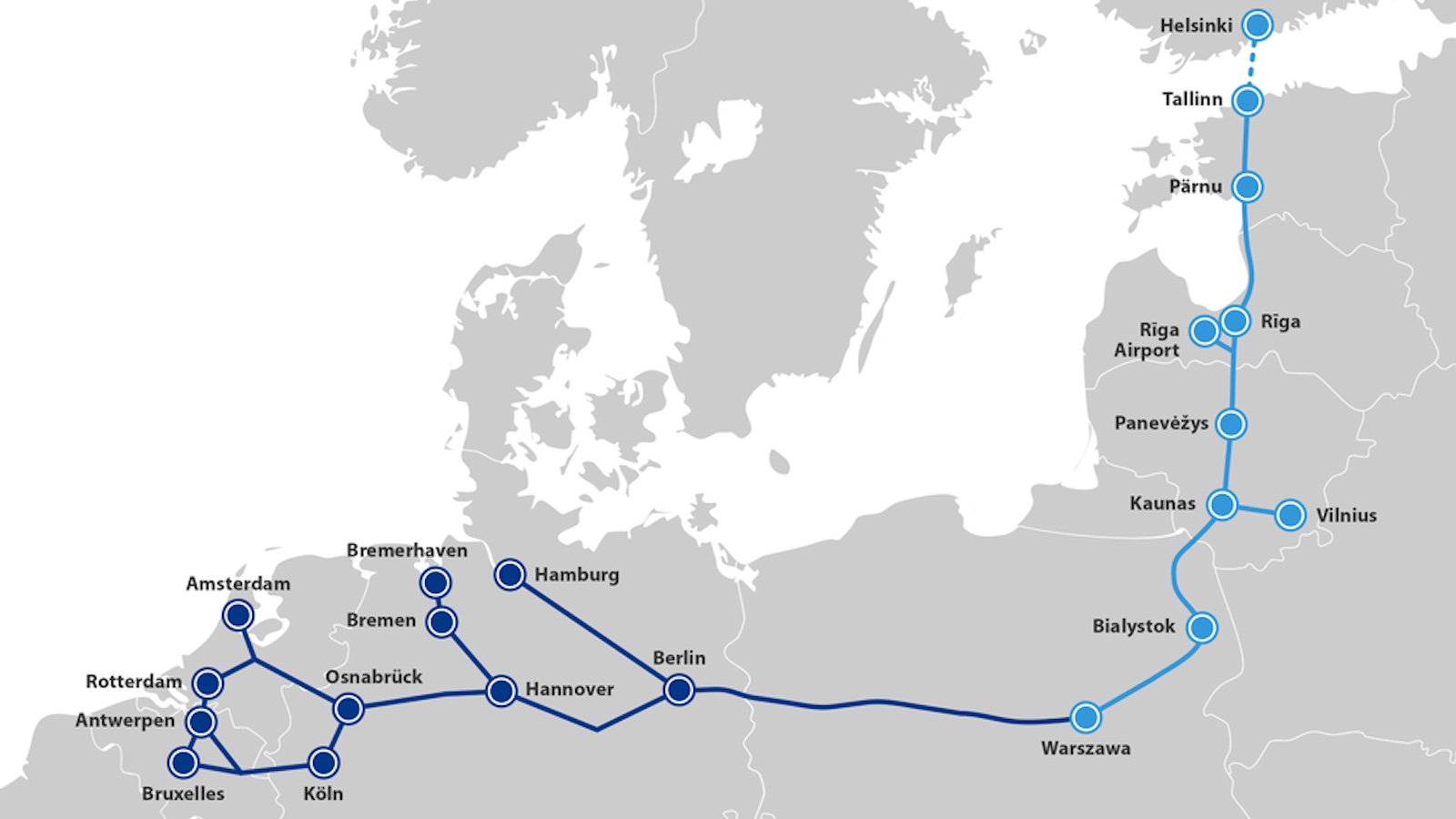Can Democrats Compete In 2016?

With this unexpected lull in the Republican convention schedule, I started wondering—are the Democrats ready for 2016? I know it sounds a little premature to be wondering about four years from now, especially with the 2012 presidential election season just about to get into full swing, but I am already bored with the party convention proceedings and the quadrennial pronouncements that this will be the most epic battle in the history of presidential politics. Despite the media’s incessant chant and the candidate’s high priced messaging that the home stretch of this campaign season will be a debate about the merits of big government versus small government, both the Democratic elites and the Republican establishment both understand what drug dealers know—our nation is too addicted to the programs and services our current government provides to give any of them up.
The reality is, barring some magical transformation of Mitt Romney from hapless presidential hopeful into fully formed candidate who is man enough to release his tax returns and explain the specifics of his plans for his presidency, which are the only way he can possibly bridge the trust gap between him and a significant segment of the voting public, President Barack Hussein Obama will be our commander-in-chief for the next four years. But what happens after that if you are a Democrat?
Most of the speculation already swirling around the internet about the Democrats in 2016 is about the potential presidential candidates – will Hillary run, is Cuomo ready, or will an unknown emerge from the mists to take the Democratic nomination? The real question is, will the Democratic Party be ready? The Obama campaign juggernaut’s strengths, both real and imagined, have led to a Republican Party which has extensively retooled its machinery and made huge investments in its infrastructure. Even a loss in November will leave us with a GOP that has put on its most comprehensive nationwide electoral effort in modern times. A Democratic Party that returns to business as usual in 2016 will not stand a chance.
With a super sophisticated campaign organization whose efforts have handily superseded those of the Democratic National Committee for two consecutive presidential election cycles, President Obama is in many ways a self-made president. That may be good for him, but unless he bequeaths the Obama For America apparatus to the Democratic Party, along with a step-by-step instruction manual on how to keep it running, the party is likely to return to running the same kind of presidential campaigns they did in 2000 and 2004.
What I really don’t understand is why every Democrat running for the House of Representatives or the Senate have not adopted en masse the highly strategies and techniques the president used to expand the electorate and get himself elected. People in politics usually try to copy successful characteristics of winning campaigns, which makes this even more bizarre. The only thing I can chalk this intraparty reluctance to is laziness. You see it on the local level, the state level, and even in federal campaigns – this slavish devotion to a combination of television ads, robocalls, and endorsements that the political consultant class keep pushing.
If I were a Democratic political strategist with an eye on the long game, I would commit to getting boots on the ground to expand the registered voter pool in Texas immediately after the 2012 election. Senator Barack Obama was only 7 points away from winning Texas in 2008, an increase of 5 points over John Kerry’s performance in 2004. There is no way to know what this year’s outcome will be in Texas, but I would imagine that demographic shifts alone should put Texas in reach for the Democrats by 2016.
There are only three things a re-elected Obama administration should have on its agenda – increased government intervention to keep the economy moving in the right direction, refinement of the Affordable Care Act, and comprehensive immigration reform legislation. A sustained immigration reform effort by the Democrats, even if it is not successful, would add enough legitimacy to a voter registration effort in Texas to give a Democratic presidential nominee in 2016 a real shot at winning the Lone Star state.





